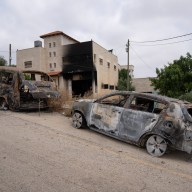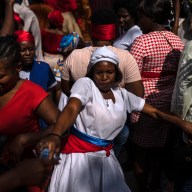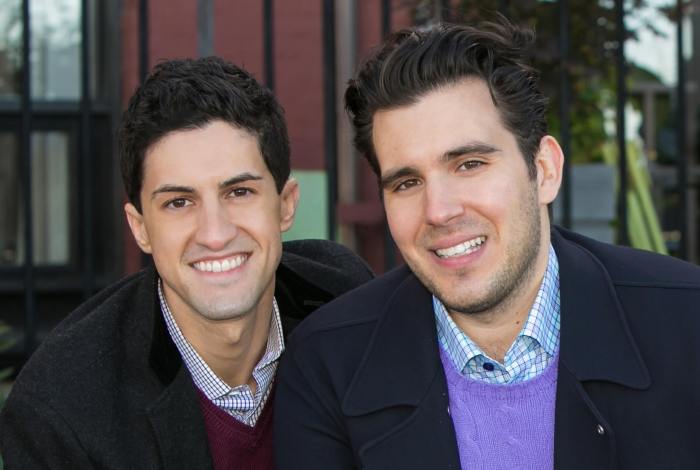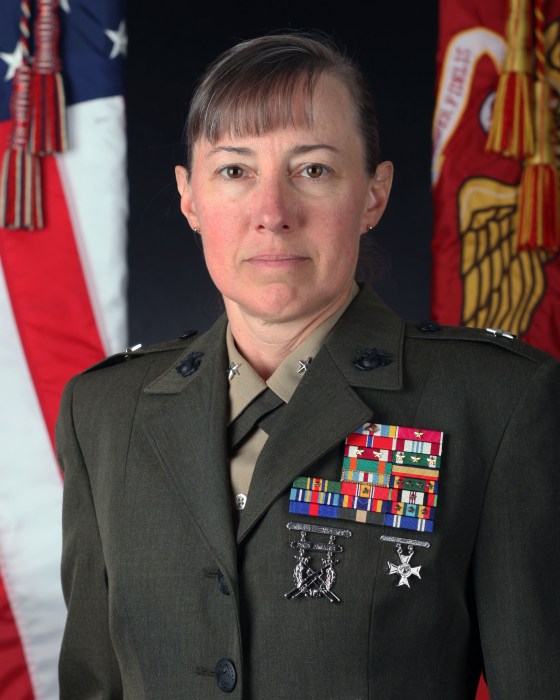By Anastasia Moloney
BOGOTA (Thomson Reuters Foundation) – Kidnapped and kept in chains for more than seven years in a jungle camp controlled by Colombia’s FARC rebels, Alan Jara knows how hard it is to forgive and reconcile with the past. One of countless victims in Colombia’s five-decade war, Latin America’s longest, Jara was released by the Revolutionary Armed Forces of Colombia (FARC) in 2009.
He went on to be elected provincial governor three times, and now heads the government body tasked with giving reparations to nearly 8 million victims of a war that was as notorious for disappearances, abductions and sexual violence as killings. Jara eventually decided to forgive his captors. He believes there can be no lasting peace without reconciliation.
“Not to forgive would keep me captive and not allow me to get rid of the anger and move on,” Jara told the Thomson Reuters Foundation in a telephone interview.
“For peace to exist, Colombians have no option but to forgive.”
In June, President Juan Manuel Santos’ government and the FARC signed a ceasefire deal considered the penultimate step to a final accord to end a war that has killed at least 220,000 people and uprooted millions. Santos has staked his political legacy on bringing peace to Colombia, saying any peace agreement reached would be put to the people to accept or reject.
The plebiscite, which Colombia’s constitutional court recently ruled could go ahead, is widely expected to take place before the end of the year.
DIVIDED NATION
The battle lines have already been drawn with Colombia caught in a heated campaign between supporters and opponents of the peace deal being negotiated in the Cuban capital, Havana.
Colombians are deeply divided about how and what concessions to make to rebels, what kind of justice rebels should face, if they trust FARC’s 7,000 fighters to hand in their weapons, and whether demobilized rebels can hold elected office. Many city dwellers, living far from the remote rural and jungle areas where the conflict has been played out, are ambivalent towards peace talks and are more concerned about jobs, good education and healthcare and rising inflation. Santos has said he is confident a ‘yes’ vote will prevail. But surveys by seven national pollsters this month show widely different results.
A poll by Ipsos in early August showed that 50 percent of Colombians would vote ‘no’ in any plebiscite, while 39 percent said they would vote ‘yes.’
A more recent Aug. 18 poll by Datexco showed a tighter contest, with 32.3 percent saying they would vote ‘yes’ and 29.1 percent ‘no’.
Jara said Colombians who have been directly affected by the war, including families whose relatives have been killed, are often the most willing to forgive and back the peace talks.
“The reason for this is victims don’t want what happened to them to happen to others. You wouldn’t want anyone to go through what you’ve had to suffer,” he said.
Isaac Valencia, who was forced to flee his home as a boy by FARC rebels, said he will vote in favor of the peace deal because it is the only way for Colombians to begin healing.
“This is the best opportunity we have to stop the war so there won’t be any more victims and displaced people. Colombians have to unite,” the 33-year-old said.
JUSTICE AND PEACE
More than a quarter of Colombia’s 47 million people have suffered in some way as a result of the war involving rebels, right-wing paramilitary groups and government troops.
Jara said seeing the FARC behind bars was not a prerequisite for peace and justice.
“For me, my life isn’t going to get fixed by seeing (the FARC) in jail,” he said.
“What’s more important is the guarantee that there is no more suffering. And the best way to guarantee that is to end the conflict.”
But not all Colombians want, or are ready, to forgive the FARC and support peace talks. Many are skeptical and uncertain about the terms peace negotiators have agreed on so far.
“I want my grandchildren to see peace,” said Alba Gomez, who was driven from her home by the FARC a decade ago.
“But the FARC are a bunch of assassins and jail is the very least the guerrillas should get for all the suffering they have caused to so many people. Without that, there’s no peace.” Opposition to the peace talks is led by Colombia’s main opposition party – the right-wing Centre Democratic party of former president Alvaro Uribe, who in office dealt heavy blows against the FARC in a U.S.-backed counterinsurgency campaign. The FARC’s insurgency began as a peasant revolt before rebel commanders branched into the cocaine trade with kidnappings for ransom helping to fund their operations.
Uribe, whose father was killed by FARC guerrillas, insists he and his party are not against peace but rather the terms agreed so far in Havana, and vowed this month to actively campaign for a ‘no’ vote in the plebiscite. Uribe believes the peace deal is tantamount to impunity for the FARC, and has led a campaign of “civil resistance” that has seen his supporters collect signatures against the peace process in public squares across Colombia. So far under the peace deal, fighters who admit to war crimes such as sexual violence and forced disappearances, will have their “freedom restricted” for five to a maximum of eight years. Those who refuse to admit to crimes and are then found guilty will face up to 20 years in jail, decided by judges in special tribunals.
Uribe and his supporters say such terms allow FARC commanders to evade prison altogether and receive lenient sentences for human rights violations.
Santos has said such provisions do not amount to impunity.
But the latest polls suggest he faces a struggle to convince people otherwise – with 88 percent of Colombians polled by Ipsos in early August saying FARC commanders must serve jail time, and 75 percent saying they should be banned from politics. Analysts say the government has done a poor job of explaining the peace deal to Colombians with the full text of what has been agreed on so far still not public.
“There’s a lot of misinformation and confusion about the peace talks,” Jara said.
“Many people don’t know in detail about what has been agreed on and this has created a climate of polarization.”
(Reporting by Anastasia Moloney, editing by Katie Nguyen.; Please credit the Thomson Reuters Foundation, the charitable arm of Thomson Reuters, that covers humanitarian news, women’s rights, trafficking, corruption and climate change. Visit http://news.trust.org)


















